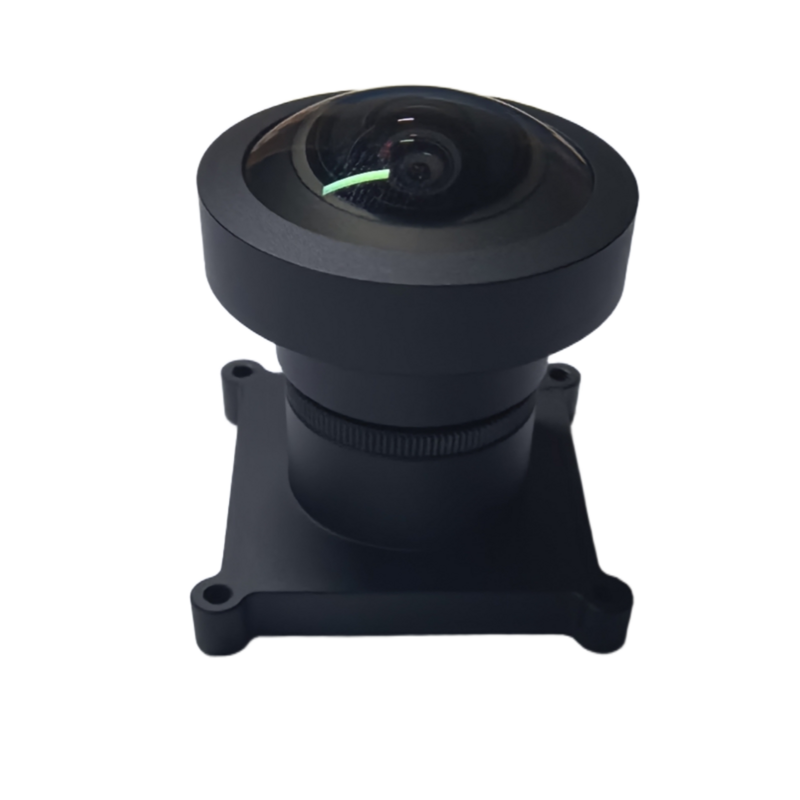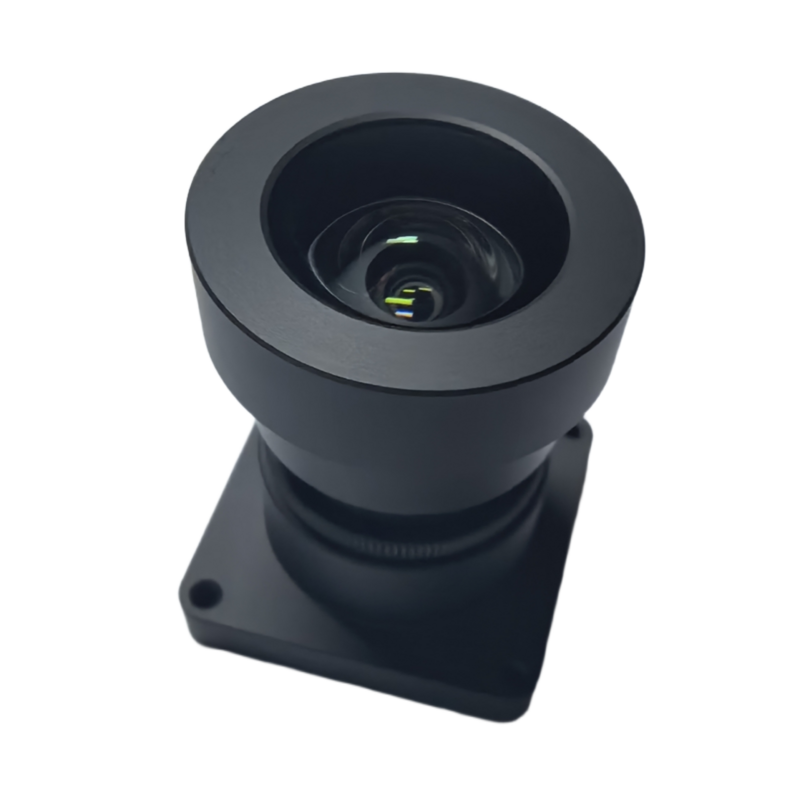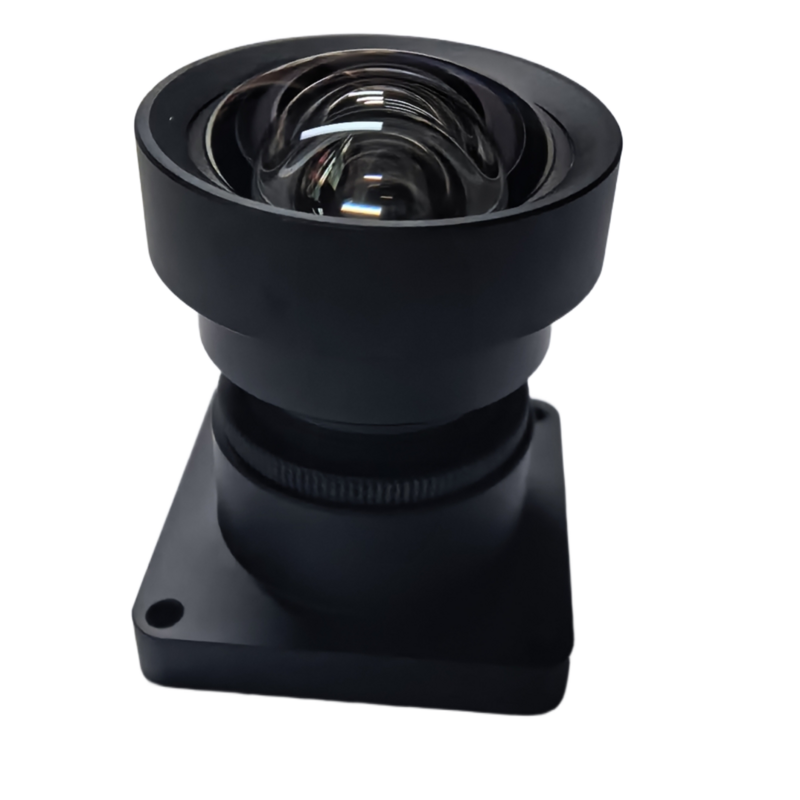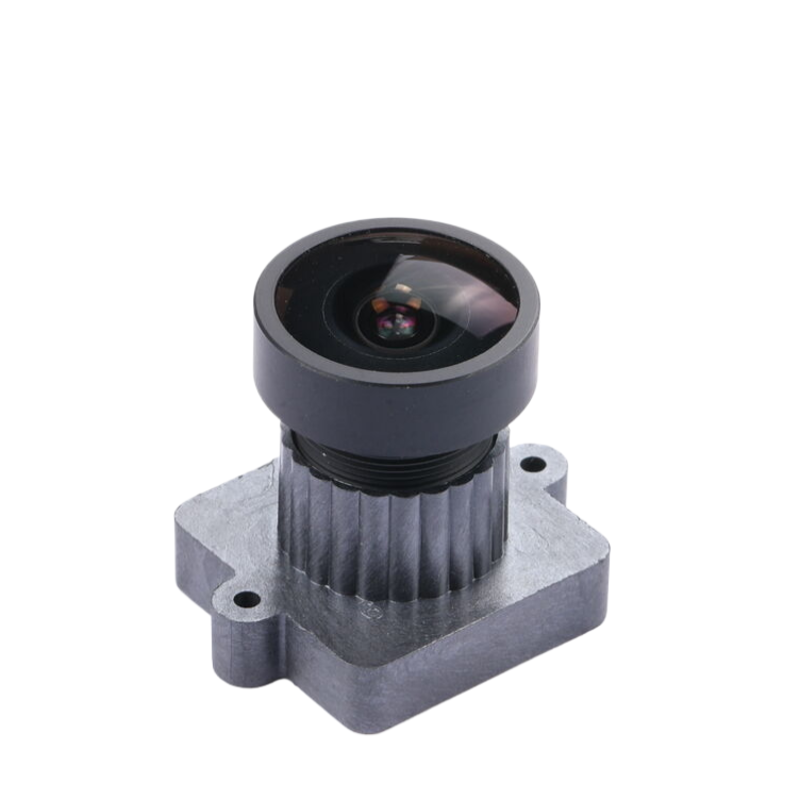Industrial News
In the rapidly advancing field of industrial automation, machine vision systems play a crucial role in ensuring quality control, precision, and efficiency during inspections. At the heart of these systems are machine vision lenses, which enable high-resolution imaging necessary for accurate defect detection, measurement, and analysis. Whether used in manufacturing, robotics, or packaging, the right machine vision lens can significantly enhance the performance of automated inspections. This article explores the key features, user pain points, advantages, applications, and design highlights of machine vision lenses, and why they are essential for achieving high-resolution imaging in industrial environments.
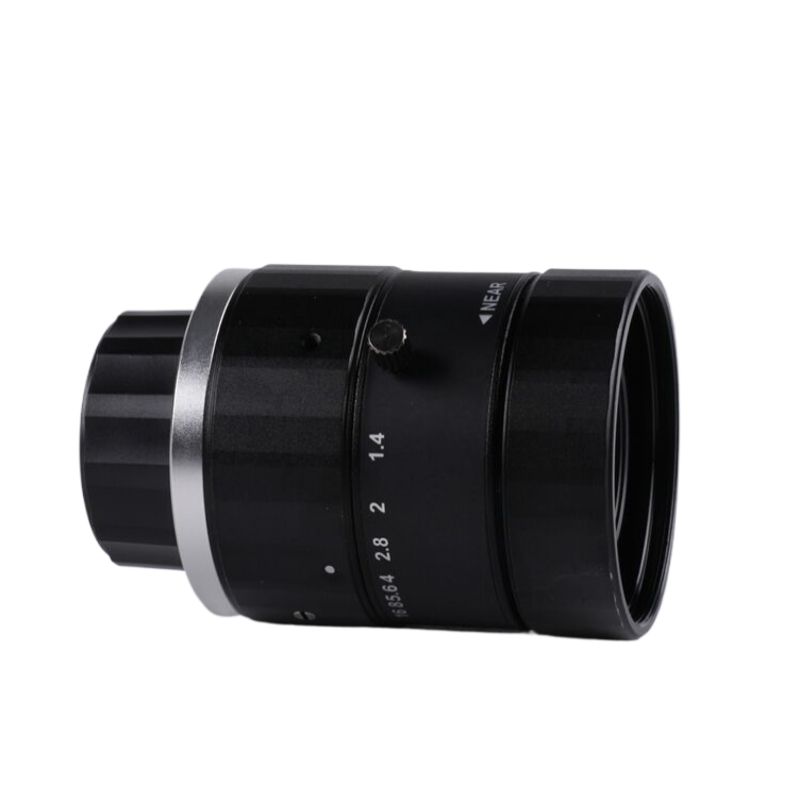
Key Selling Points
High-Resolution Imaging
Machine vision lenses are designed to provide crystal-clear, high-definition images, enabling systems to capture fine details that are crucial for automated inspections. With high-resolution capabilities, these lenses can detect even the smallest defects or irregularities in products, ensuring quality control is maintained.
Optimized for Industrial Use
Built for harsh industrial environments, machine vision lenses are designed for durability and reliability. They are resistant to dust, moisture, and temperature fluctuations, making them ideal for use in factories, warehouses, and other production settings.
Wide Field of View
Many machine vision lenses offer adjustable focal lengths and wide fields of view, allowing for flexibility in different inspection setups. These lenses can easily cover a large area or zoom in on small components, making them versatile for various applications.
User Pain Points and Solutions
Inaccurate Imaging Due to Lens Distortion
Pain Point: Distortion in images can lead to inaccurate measurements and incorrect defect detection.
Solution: High-quality machine vision lenses are designed to minimize distortion, ensuring sharp and accurate images across the entire field of view. Lenses with advanced optical coatings and features like telecentricity help to eliminate distortion and improve imaging precision.
Difficulty in Capturing Fine Details
Pain Point: Low-resolution lenses may struggle to capture minute details necessary for defect detection.
Solution: High-resolution lenses, coupled with appropriate sensor integration, allow for detailed image capture, providing the clarity needed to detect small or subtle defects that could otherwise go unnoticed.
Limited Depth of Field
Pain Point: Shallow depth of field can cause parts of an object to appear out of focus, hindering the accuracy of the inspection.
Solution: Machine vision lenses designed with a larger depth of field ensure that more of the object remains in focus, reducing the risk of misidentification and improving inspection reliability.
Applications of Machine Vision Lenses
Manufacturing and Assembly Lines
Machine vision lenses are essential for quality control in manufacturing environments, where they are used to inspect products for defects, measure components, and ensure assembly accuracy. Lenses with high resolution and wide fields of view help capture clear images of moving parts on assembly lines, ensuring consistency in product quality.
Electronics Inspection
In the electronics industry, machine vision lenses are used to inspect PCBs (printed circuit boards) and semiconductor components. These lenses help identify soldering defects, component misplacements, and other microscopic issues that could affect the performance of electronic devices.
Packaging and Labeling
Machine vision systems equipped with specialized lenses are used in the packaging and labeling industry to inspect labels, barcodes, seals, and packaging integrity. The high resolution of these lenses ensures that every package leaving the production line meets quality standards.
Robotics and Automated Systems
Machine vision lenses are integral to robots and automated systems used in various industries. They help robots recognize objects, detect positions, and guide their movements during tasks like sorting, picking, and placing.
Product Advantages
Enhanced Precision and Accuracy
By providing clear, high-resolution images, machine vision lenses enable precise measurements and defect detection, ensuring that every product meets strict quality standards. This is especially important in industries like automotive, electronics, and pharmaceuticals, where even the smallest flaw can lead to costly consequences.
Increased Throughput and Efficiency
The ability to conduct automated inspections at high speeds without sacrificing quality is a significant advantage of machine vision systems. High-performance lenses ensure that inspections are carried out quickly, leading to higher throughput, fewer human errors, and reduced production downtime.
Flexibility in Various Lighting Conditions
Many machine vision lenses come with adjustable aperture sizes or integrated features that enhance performance in different lighting conditions. This flexibility allows them to work well in environments with varying light levels, ensuring consistent image quality even in challenging conditions.
Design Highlights
Telecentric Lenses
Telecentric lenses are designed to keep objects in focus across a wide depth of field, making them ideal for applications that require precision measurements. These lenses ensure that objects appear the same size, regardless of their position in the field of view, reducing parallax errors.
Compact and Modular Design
Machine vision lenses are often designed to be compact and modular, making them easy to integrate into existing systems. Their flexible design allows for various configurations to suit different inspection tasks and camera setups.
Advanced Coatings for Clarity
Many machine vision lenses are coated with anti-reflective coatings to improve image clarity by minimizing reflections and glare. These coatings enhance the overall image quality, ensuring that the lens delivers clear and sharp images in a wide range of lighting conditions.
Product Value Proposition
Machine vision lenses are a critical component in achieving high-resolution imaging for automated inspections. By providing clear, detailed images, these lenses ensure that manufacturing and production processes remain efficient, accurate, and reliable. Their durability, precision, and flexibility make them an essential tool for industries looking to optimize quality control and increase operational efficiency. Investing in high-quality machine vision lenses is an investment in the future of automation, offering businesses the ability to maintain high standards and reduce errors.
Conclusion
Machine vision lenses are indispensable in modern automated inspection systems, providing the high-resolution imaging required to ensure product quality and manufacturing precision. With their durability, flexibility, and ability to deliver clear, accurate images, these lenses are central to the success of automated systems in industries ranging from manufacturing to electronics. As the demand for faster, more efficient, and reliable inspections continues to grow, machine vision lenses will remain key to achieving the high standards required in automated processes.
 English
English  German
German Japanese
Japanese Korean
Korean Vietnamese
Vietnamese French
French Spanish
Spanish भारत
भारत
